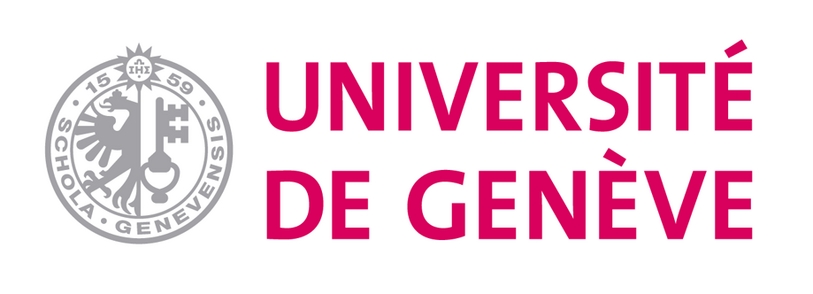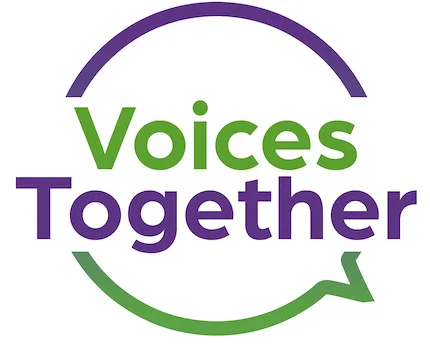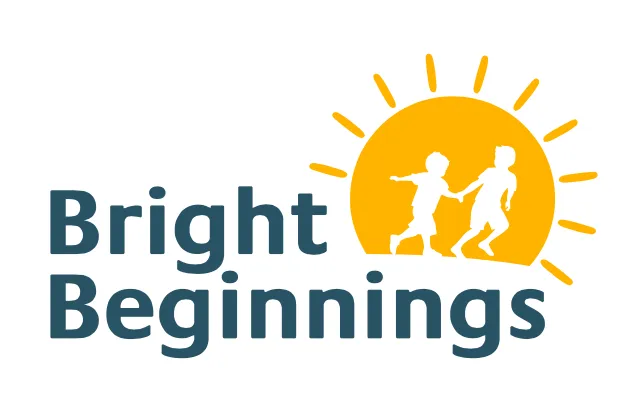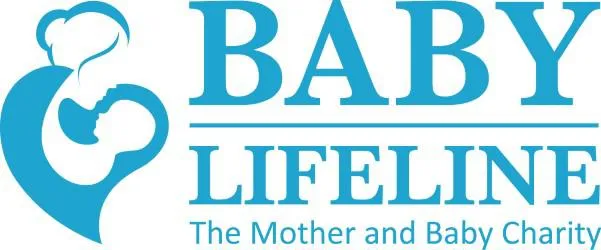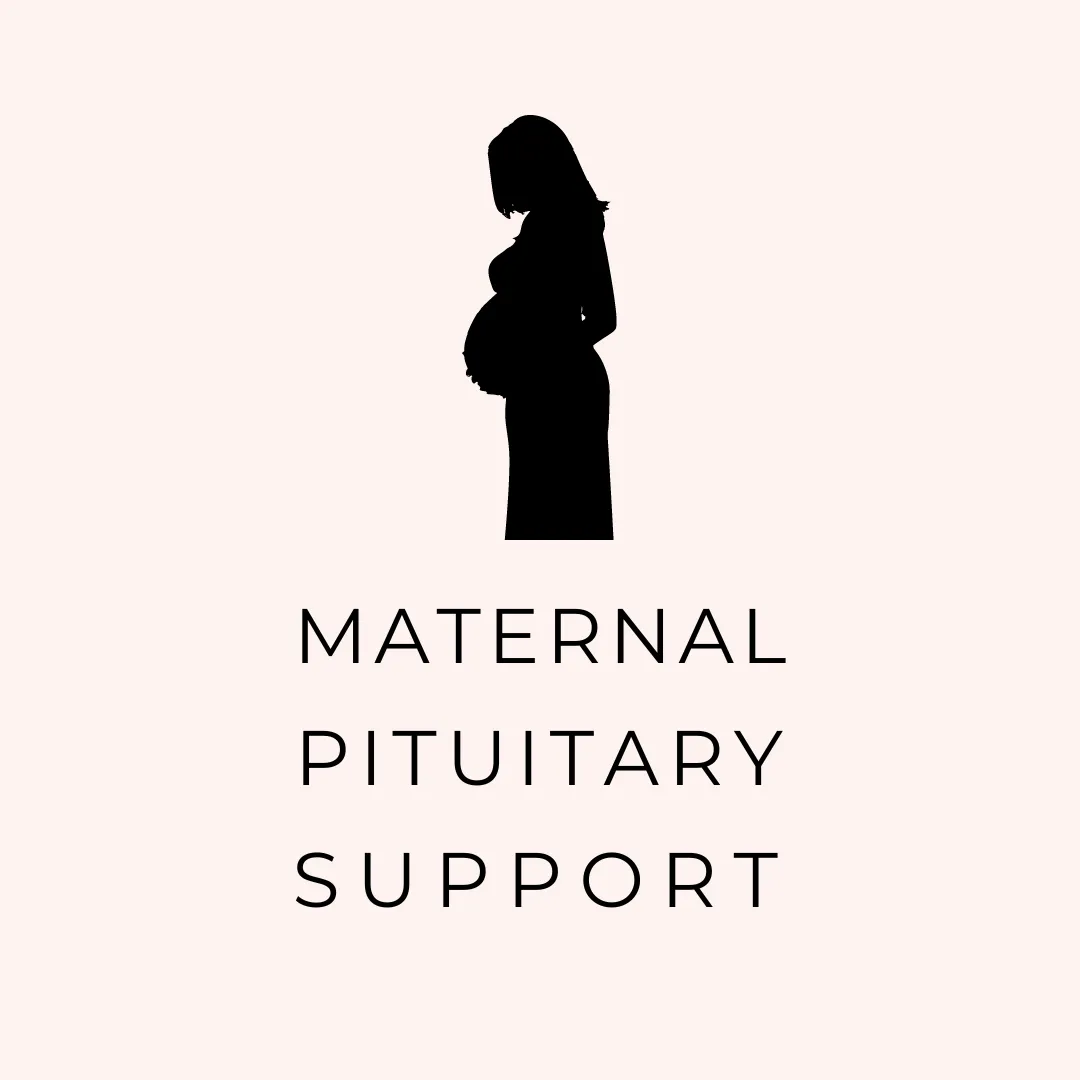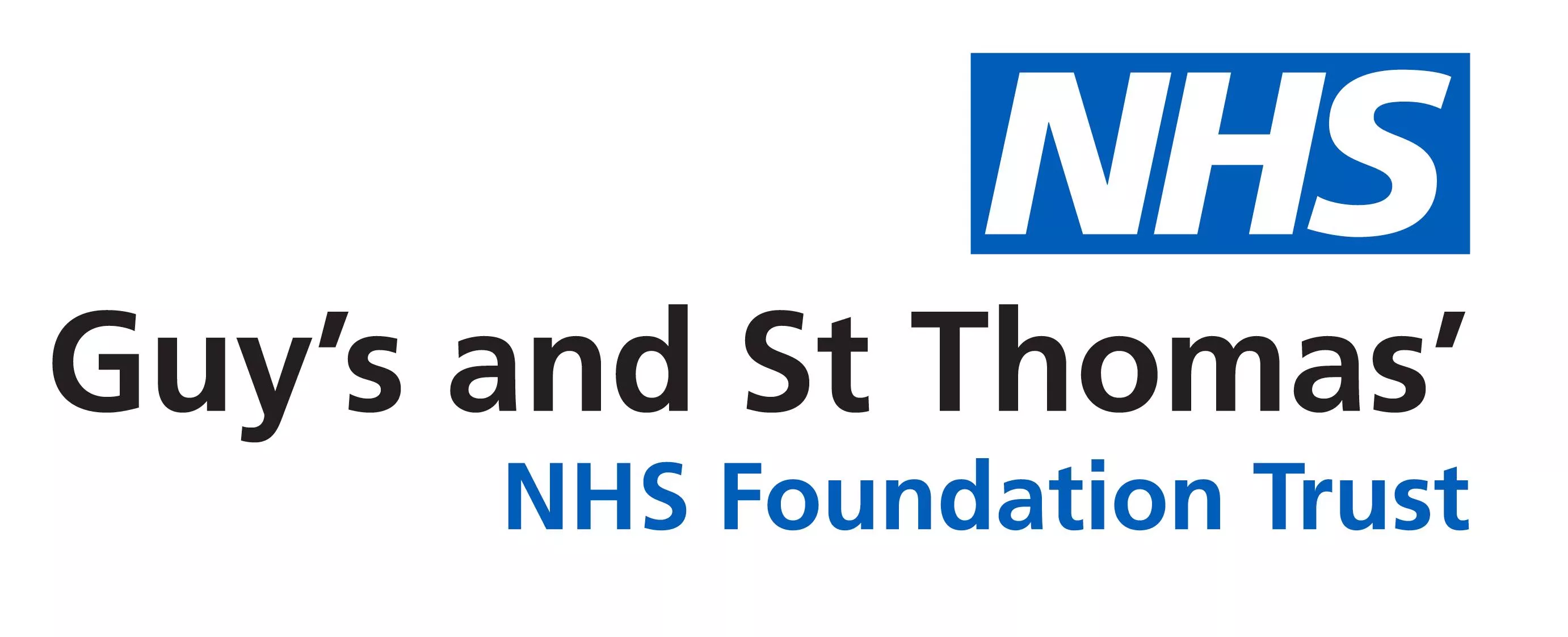Spearheading research to solve global challenges in health and care
We are a world-leading, cross-faculty hub for research and education, dedicated to transforming health and care on a global scale in partnership.
Led by the Florence Nightingale Faculty of Nursing, Midwifery & Palliative Care, in collaboration with the Faculty of Social Science & Public Policy and the Institute of Psychiatry, Psychology & Neuroscience, our hub harnesses interdisciplinary expertise from across King’s College London, bolstered by strategic partnerships with NHS, social care, community, patient-led, charitable and international organisations.
Together, we aim to accelerate high-quality growth in research, education, and impact all focused on improving the quality, equality and value of health and care worldwide.
Our aims
Pioneer novel evidence-based approaches
- Drive groundbreaking, evidenced solutions in community, self-care and co-design approaches, to solve the pressing health and care challenges faced by local, national and global communities.
- Focussing on those with the most complex illnesses, aiming to deliver solutions at scale.
Spearhead research and education
- Leading fundamental redesign of health and social care interventions, systems, pathways and education around the world.
- Leveraging the distinctive expertise, interdisciplinary acumen from across King’s and our local, national and international partners.
Enable rapid responses
- Collaborating to rapidly respond to NHS and international careforce challenges and opportunities.
- Developing interdisciplinary approaches and training to support health and care needs of the future, and equipping future leaders of modern health and care.
Our three clusters
The Better H&C Hub has three clusters that work together to offer a new vision for future health and care, with better quality and value for money.
With people’s needs at the centre of our work, these three clusters are underpinned by the methodological stream and are focused on delivering evidence-based approaches:
1. Careforce
- Expanding the definition of careforce, to include people that are ill (self-management), and those important to them (informal carers) as part of the delivery system and improving access to education and skills building.
- Bridging volunteer and professional boundaries to build skills-based approaches that respond to patient and system needs, working with education providers to build an agile and adaptable future care and careforce
2. Frugal innovation
- Doing the basics well, efficiently and at low cost through frugal innovations (e.g. technology and repurposed medicines).
- Using data, technology and new models of care to improve home-based support and reduce time in hospital.
3. Communities
- Broadening definitions of value in health and care, including quality of life, symptoms and daily living.
- Develop and test measures across a range of demographics to help reduce health and care inequalities.
- Advancing theories and methods underpinning the co-production of health and care through citizen engagement and community empowerment.
Our Partners

Jönköping University
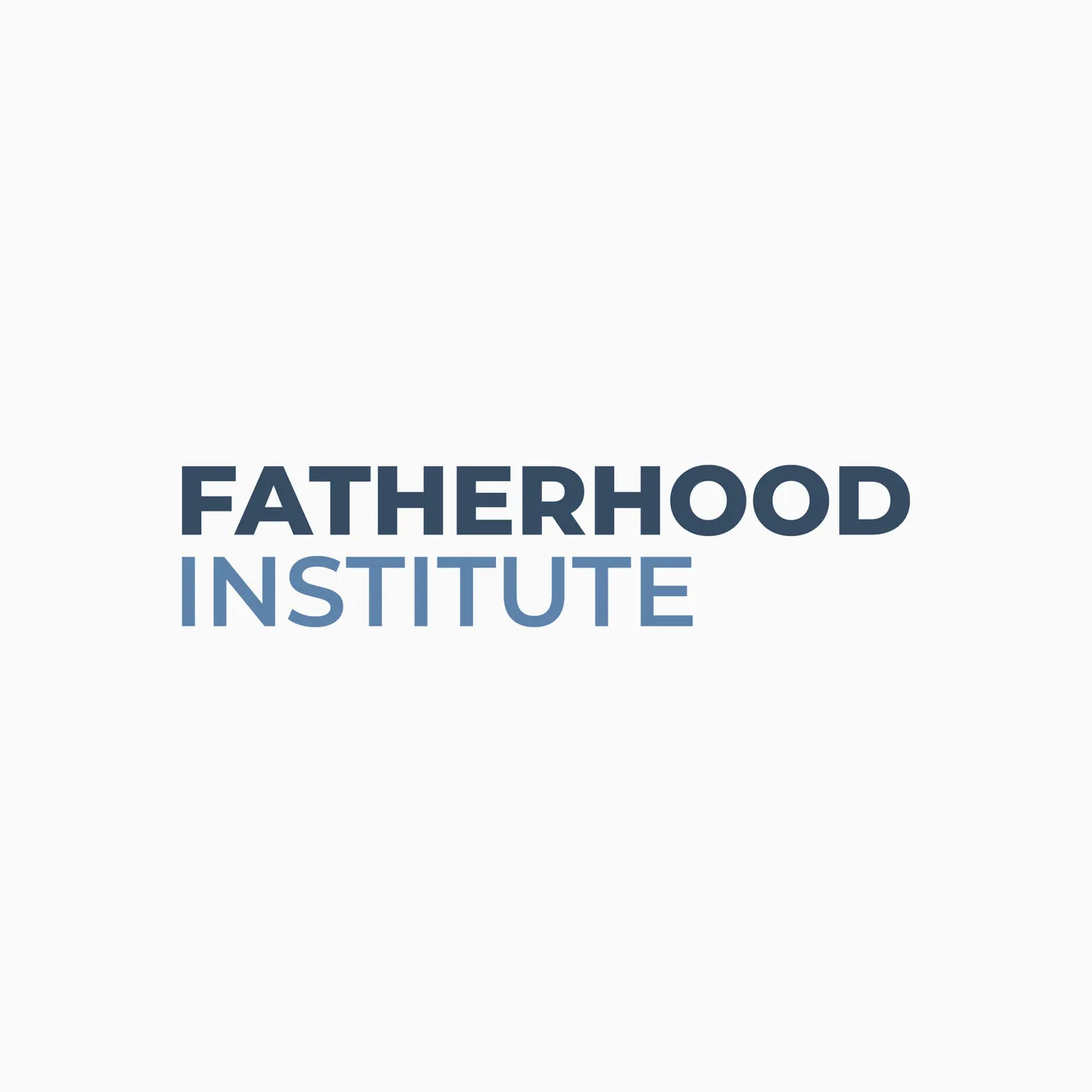
Fatherhood Institute Family Stories Group

Centre for Parent and Child Community Perinatal Services
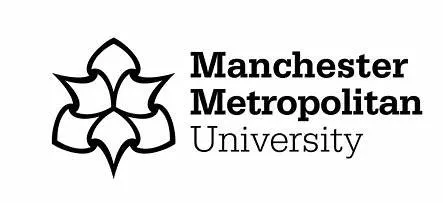
Manchester Metropolitan University

University of Bristol

Institute of Applied Psychology (ISPA)
Group lead
Contact us
Related departments
- Florence Nightingale Faculty of Nursing, Midwifery & Palliative Care
- Faculty of Arts & Humanities
- Faculty of Life Sciences & Medicine
- Institute of Psychiatry, Psychology & Neuroscience
- Faculty of Social Science & Public Policy
- Faculty of Natural, Mathematical & Engineering Sciences
- Faculty of Dentistry, Oral & Craniofacial Sciences
- The Dickson Poon School of Law
- King’s Business School
- King’s Global Health Institute



